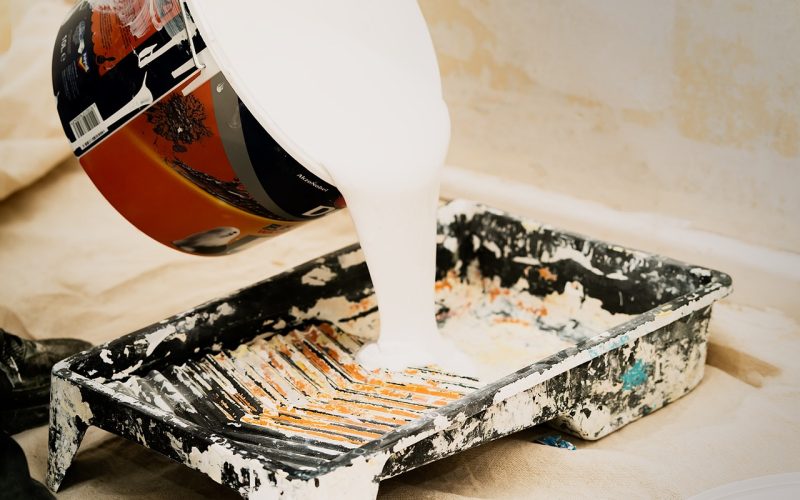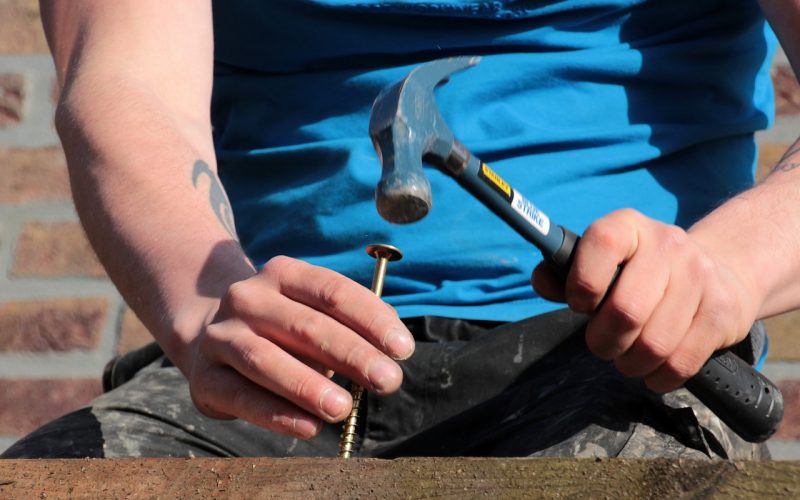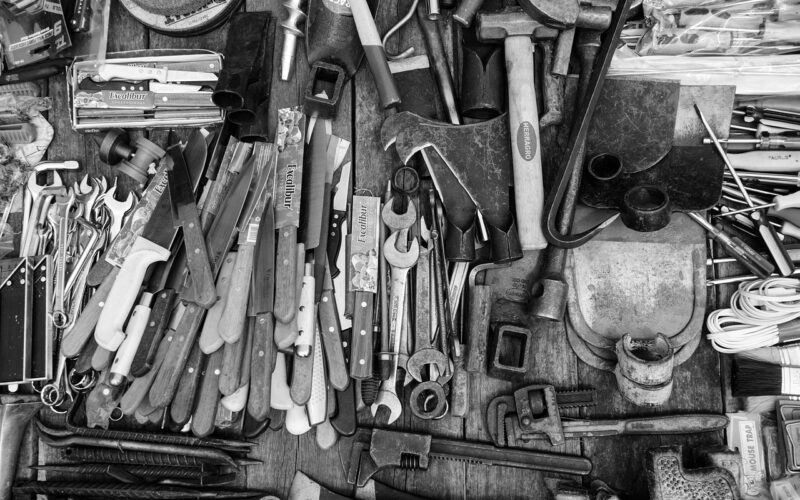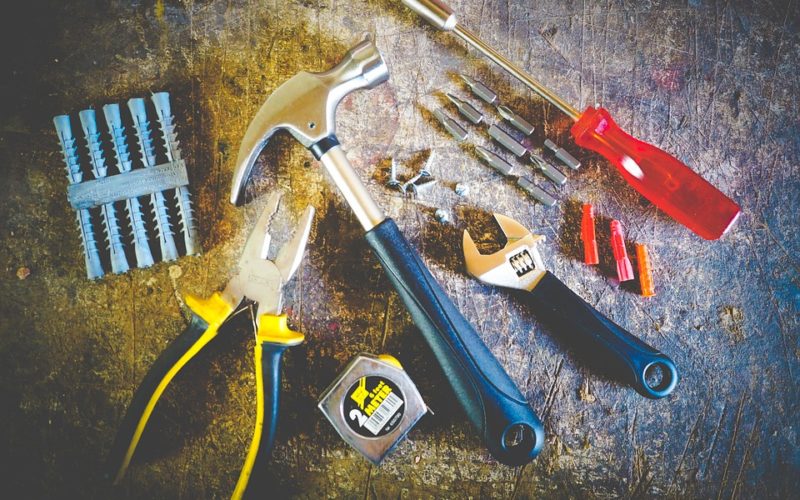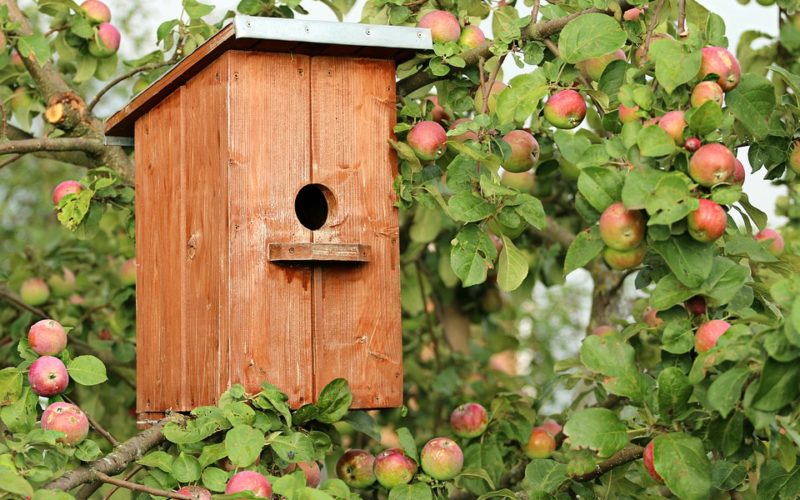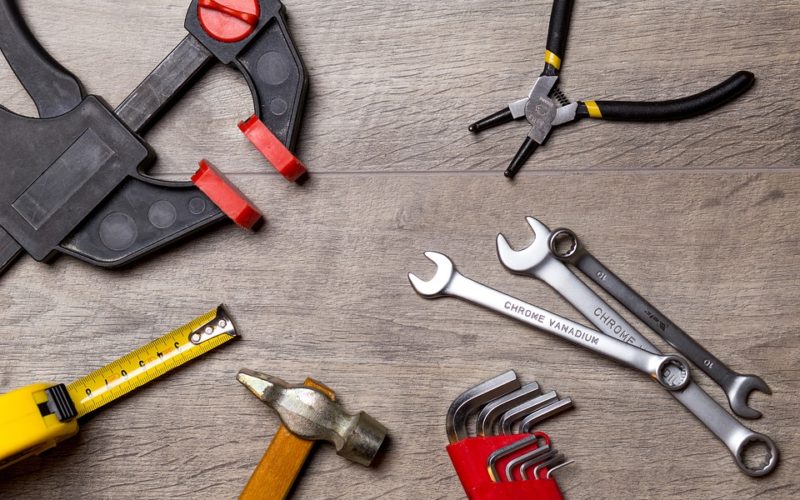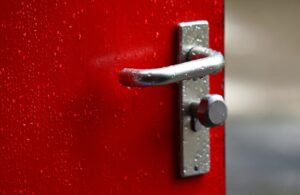When considering undertaking DIY central heating installations or maintenance, it's essential to weigh both the advantages and disadvantages carefully.
On one hand, the prospect of managing such projects oneself can be appealing due to the potential cost savings compared to hiring professionals.
Doing it yourself allows for a greater sense of control over the process, timelines, and the selection of materials, which can be sourced from local shops offering various options suitable for your specific setup.
Significant safety risks
However, the complexity of installing or maintaining a central heating system should not be underestimated.
A central heating system's efficiency and safety rely heavily on the precision of its installation and upkeep. One critical component, the boiler, requires expert knowledge for installation, servicing, and repair.
An improperly installed boiler can lead to significant safety risks, including carbon monoxide leaks, which are hazardous to the household's occupants.
Specialised equipment and knowledge
Furthermore, central heating systems require regular maintenance to function efficiently, including tasks like power flushing. Power flushing is a process used to clean out sludge, rust, and other debris from the system, ensuring it runs smoothly and efficiently.
While there are DIY guides available for power flushing, the process involves specialised equipment and knowledge to avoid damaging the system.
Identify potential issues before they escalate
The requirement for precision doesn't end with installation or occasional maintenance tasks.
The execution of complex diagnostics and repairs often calls for the expertise of a certified plumber or heating professional. These experts can identify potential issues before they escalate, saving homeowners time and resources in the long run.
Attempting to DIY without the necessary skills can lead to costly mistakes, exacerbating problems rather than solving them.
Voiding warranties
Another consideration is the guarantee and warranty conditions attached to heating equipment. Many manufacturers require installation and maintenance to be carried out by certified professionals to keep warranties valid.
DIY interventions might void these warranties, leading to higher costs if replacements or repairs are needed later on.
Home heating efficiency
On the pro side, engaging in DIY central heating tasks can be immensely satisfying, offering homeowners a hands-on approach to managing their living environment. It instils a sense of accomplishment and can enhance understanding of home heating efficiency, leading to more informed decisions in the future.
Additionally, for minor adjustments or improvements that don't involve intricate technical knowledge, DIY can be a cost-effective solution.
Realistically assess your skill levels
While the appeal of DIY central heating projects lies in potential cost savings and the gratification of personal accomplishment, the risks involved with complex installations and maintenance tasks cannot be overlooked.
It's vital for homeowners to realistically assess their skill levels before commencing such projects and consider enlisting professionals like plumbers help for those aspects of central heating work that go beyond their expertise.
This balanced approach ensures the safety, efficiency, and longevity of the home's central heating system, safeguarding against the pitfalls of ambitious DIY undertakings.


